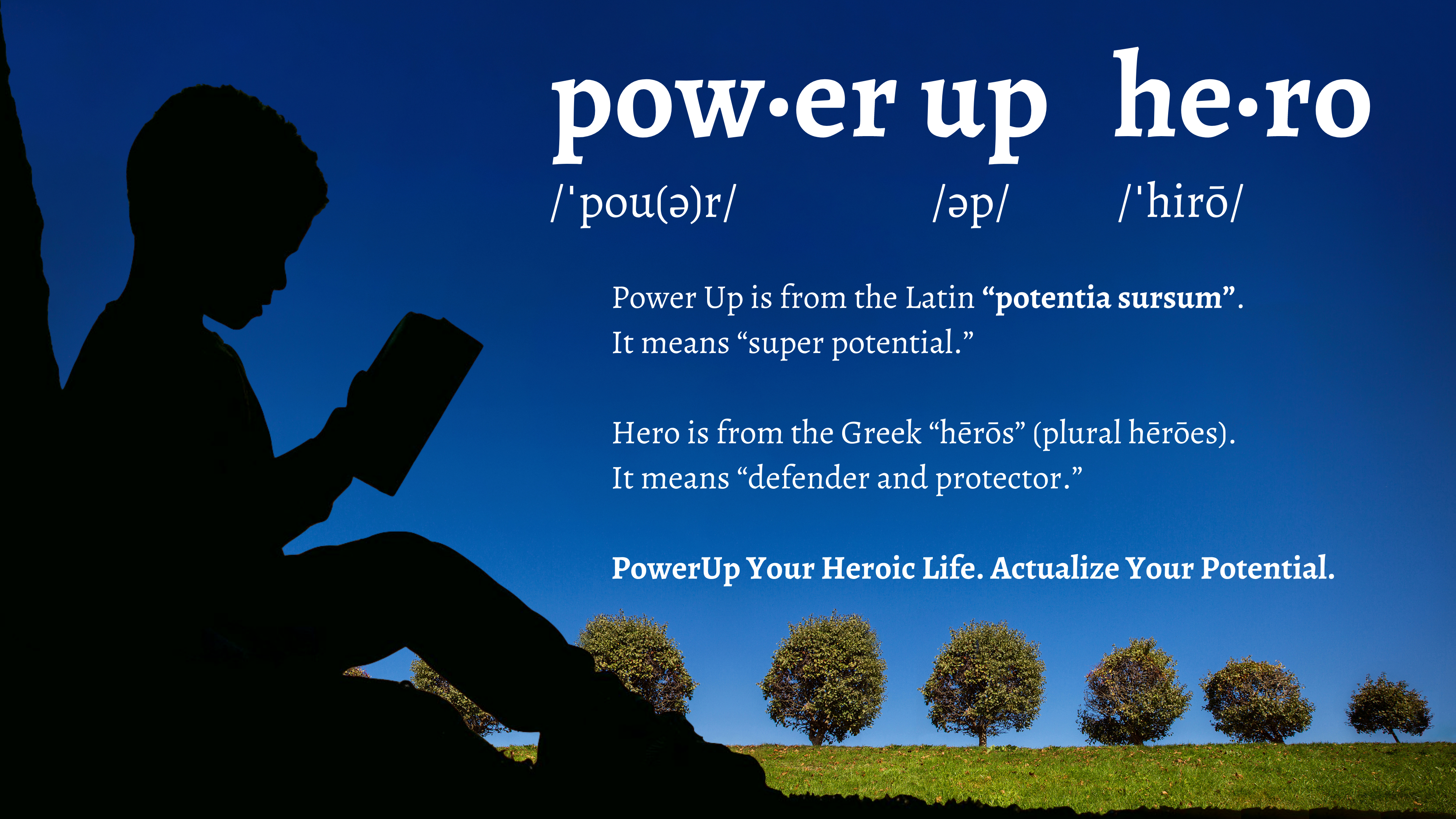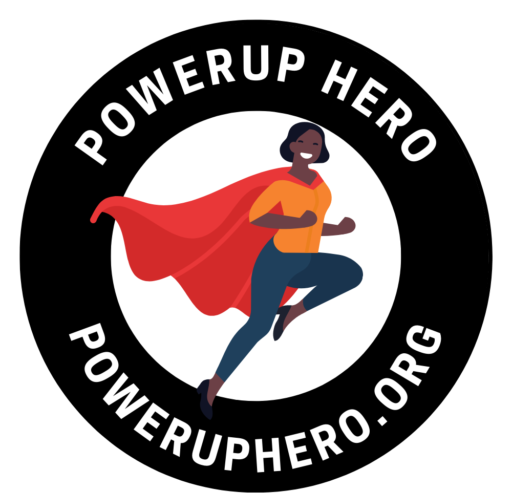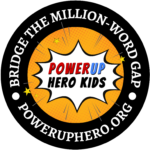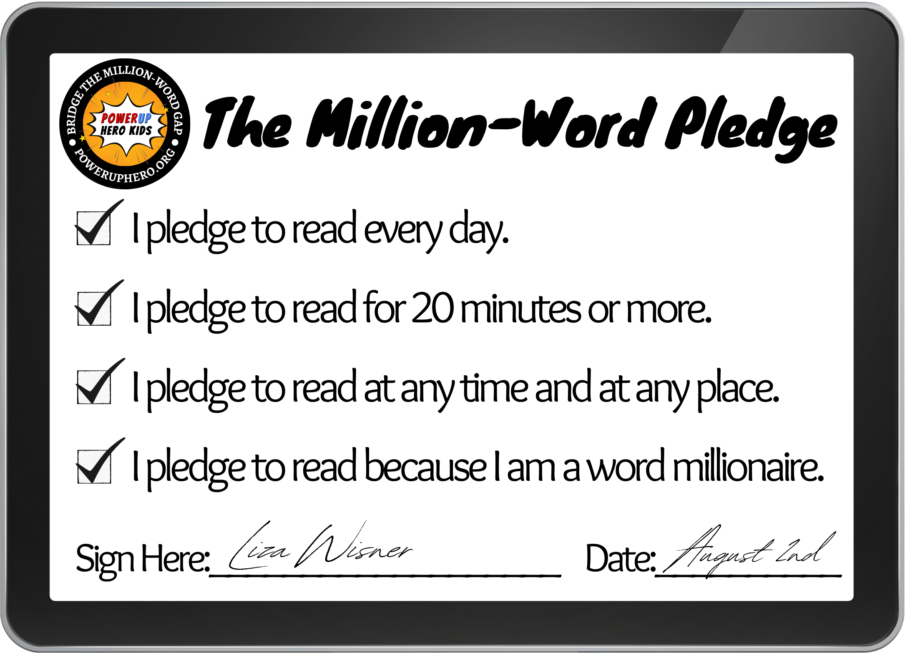
Story Time can be one of the most impactful learning experiences kids could have, in part because kids naturally make sense of the world through both stories and play. Story Time encourages skills like language and literacy, plus cognitive development and social-emotional growth, too. #PowerUpHero Kids enjoy stories.

Let's Bridge the Million-Word Gap Together!
“Every child has the right to actualize their potential.” – Liza Mucheru Wisner
We’re calling all PowerUp Hero Parents and Caregivers!
Do you know that your child is experiencing a developmental “Window of Opportunity”?
Children have an advantage over the rest of us. They have a rapidly developing brain. Which allows them to effortlessly learn and absorb mass amounts of information, all before their 5th birthday.
Experts refer to this period of intense brain development as a “Window of Opportunity”. That simply means that during this period of time, it is considered the ideal time to introduce certain things. Skills, such as learning to read and speak multiple languages, are acquired with the least amount of effort during these periods.
When your child is developing within the “Window of Opportunity” you have an amazing opportunity to optimize their learning. Once the window has closed, however, the same information and skills must be learned the hard way, through memorization and repetition.
Children’s vocabulary skills are linked to their economic backgrounds too. By 3 years of age, there is a 30 million word gap between children from the wealthiest and poorest families. A recent study shows that the vocabulary gap is evident in toddlers. By 18 months, children in different socio-economic groups display dramatic differences in their vocabularies. By 2 years, the disparity in vocabulary development has grown significantly (Fernald, Marchman, & Weisleder).
Research tells us that young children whose parents read them five books a day enter kindergarten having heard about 1.4 million more words than kids who were never read to.
This “million-word gap” between children raised in a literacy-rich environment and those who were never read to is critical to actualizing them to their fullest potential. The million-word gap is critical to preparing children for life, work, and active citizenship.



